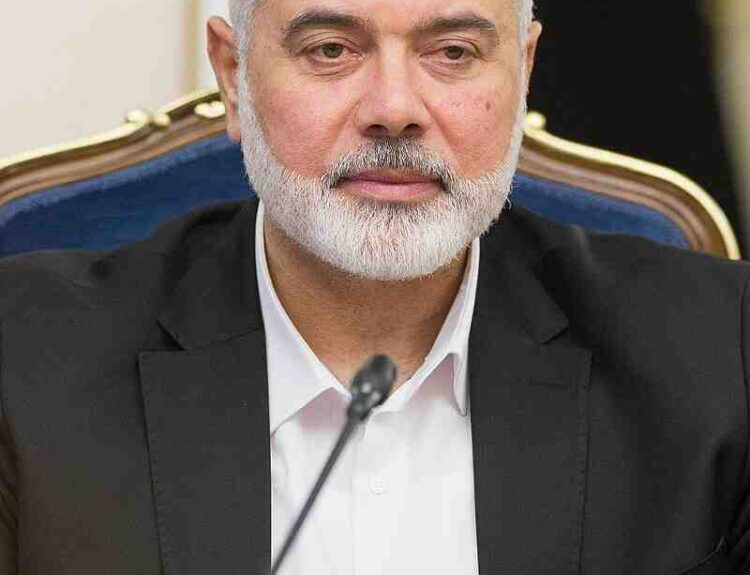Lack of plan for governing Gaza after combat operations
- Israel is preparing for an extended counterinsurgency campaign in Gaza
- The shift in military tactics may leave Gaza mired in violence and instability
- Israel lacks a plan for governing Gaza after the fighting ends
As Israel prepares to end major combat operations in Gaza, it is shifting to an extended counterinsurgency campaign. This campaign aims to reduce the number of troops in Gaza but may still leave the enclave in a state of violence and instability. The Israeli military will maintain a presence along Gaza’s borders and key corridors, while focusing on lower intensity operations involving raids and airstrikes. This will free up troops to reinforce Israel’s northern border, where there is an increasing threat of hostilities with Hezbollah. However, Israel has not articulated a plan for governing Gaza after the fighting ends, which may hinder efforts to stabilize the enclave. The shift in military tactics is expected to involve garrisoning Gaza and using occasional spikes in activity to prevent Hamas from re-establishing itself as a governing entity. The lack of a clear plan for stabilization and reconstruction in Gaza has hampered Israel’s war effort. The territory’s two million civilians continue to struggle as fighting carries on without a new governing authority or reconstruction efforts. Israel’s international partners have called for a reformed Palestinian Authority to run Gaza, but Prime Minister Benjamin Netanyahu has rejected these calls. The future of Gaza remains uncertain as Israel transitions to a counterinsurgency campaign.·
Factuality Level: 2
Factuality Justification: The article contains a mix of relevant information about Israel’s military operations in Gaza, but it also includes misleading information, such as casualty figures, and lacks context on the overall situation in the region. There are also some biased statements and opinions presented as facts.·
Noise Level: 2
Noise Justification: The article provides a detailed analysis of Israel’s military operations in Gaza, including insights from military experts and officials. It discusses the potential consequences of the shift in military tactics and the challenges in governing Gaza after the conflict. However, the article contains some repetitive information and includes irrelevant details about hostages and unrelated news at the end.·
Key People: Assaf Orion (Senior Researcher at Israel’s Institute for National Security Studies), Yoav Gallant (Israeli Defense Minister), Benjamin Netanyahu (Israeli Prime Minister), Amos Hochstein (U.S. special envoy), Tahani Mustafa (Senior Palestine analyst at the International Crisis Group), Nisreen Ahed (Resident of Gaza City), Abeer Ayyoub (Contributor to the article)
Financial Relevance: No
Financial Markets Impacted: No
Financial Rating Justification: This article does not pertain to financial topics and does not mention any specific financial markets or companies impacted.·
Presence Of Extreme Event: No
Nature Of Extreme Event: No
Impact Rating Of The Extreme Event: No
Extreme Rating Justification: ·
 www.wsj.com
www.wsj.com 




